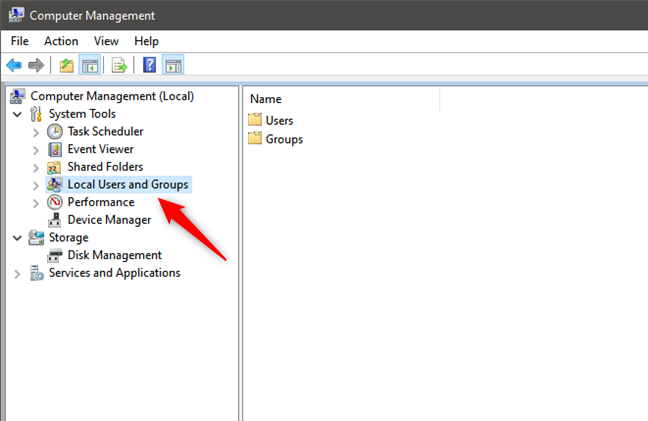
The root user can do many things an ordinary user cannot, such as changing the ownership of files and binding to network ports numbered below 1024. Regardless of the name, the superuser always has a user ID of 0. BSD often provides a toor ("root" written backward) account in addition to a root account. Alternative names include baron in BeOS and avatar on some Unix variants.

In Unix-like computer OSes (such as Linux), root is the conventional name of the user who has all rights or permissions (to all files and programs) in all modes (single- or multi-user).


 0 kommentar(er)
0 kommentar(er)
